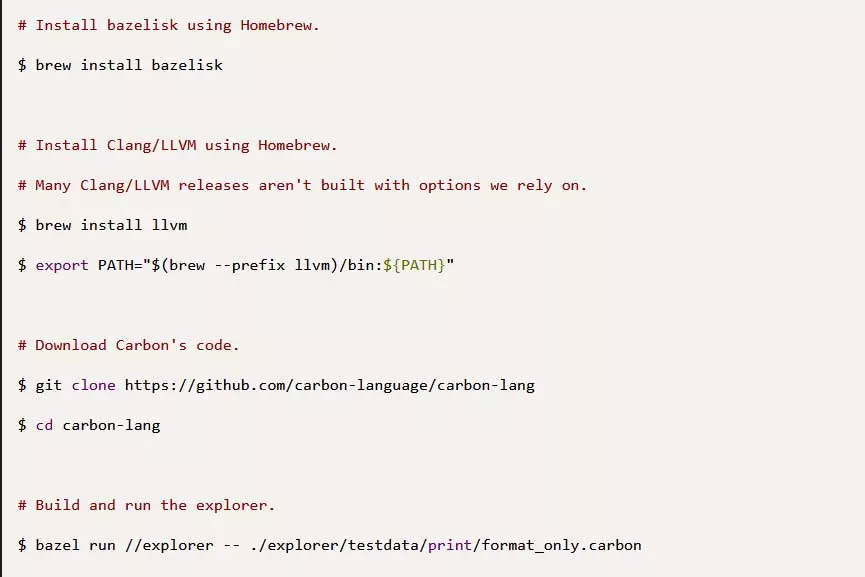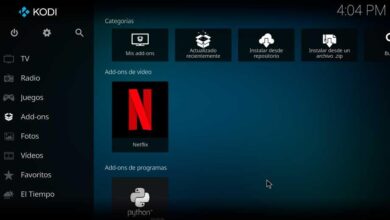
Whether you are relatively new to all things software programming, or a true expert, you surely know that there is always something new to learn. They can be new methodologies, structures or languages; This is a constantly growing sector. That is why from time to time we must update our knowledge, so now we will talk about the carbon languageGoogle’s experimental successor to C++.
Likewise, most of you will already know that when we refer to the C++ programming language, we are talking about a veteran proposal but one that is still widely used. Over time it has received a good number of improvements, but there have also been other alternatives that have tried to replace it. It could be said that this veteran language is almost mandatory to know, at least in broad strokes.
Once we know the importance of C++, next, we will talk about a new programming language that may be worth learning soon. It’s about the call Coal, an interesting proposal from Google that we will talk about next. We must keep in mind that C++ has been one of the main options for years to develop high-performance applications. But with everything and with it, this one still presents some outdated practices
What does the Carbon language offer when programming
And it is that just a few days ago, during the celebration of the CPP North C++ conference in Toronto, Google engineer Chandler Carruth introduced the aforementioned Carbon. Actually, we are talking about a new language for application development that comes to us from Google engineers. It is worth mentioning that one of the main objectives that Carbon presents us with is to solve the deficiencies of C++ that we referred to earlier.
At this point, it is worth knowing that at this moment we have other languages at our fingertips, such as Golang Y rust. It must be said that we managed to obtain a performance very similar to that proposed by C++, but yes, without its deficiencies. But at the same time it should be mentioned that these languages present significant inconvenient barriers for developers. One of the most important focuses on the migration of existing C++ code bases.
So the new release we’re referring to, Google’s Carbon, is meant to be what TypeScript is to JavaScript, for example. Actually, it could not be considered as a replacement for C++, but rather as a successor language designed to correct the deficiencies of the older proposal. Thus, your goal is facilitate large-scale migration of code bases for existing developments. There is no doubt that this will be much appreciated by the creators of this type of content.
In the same way, we must know that we also have the possibility of migrating a single C++ library to Carbon. All this will be carried out within an application, or by adding a new carbon code over existing C++ code.
In turn, Carbon addresses PC memory security, a key issue affecting C++. To finish, we will tell you that Google will make this experiment public with the launch of a first basic version later this year.



